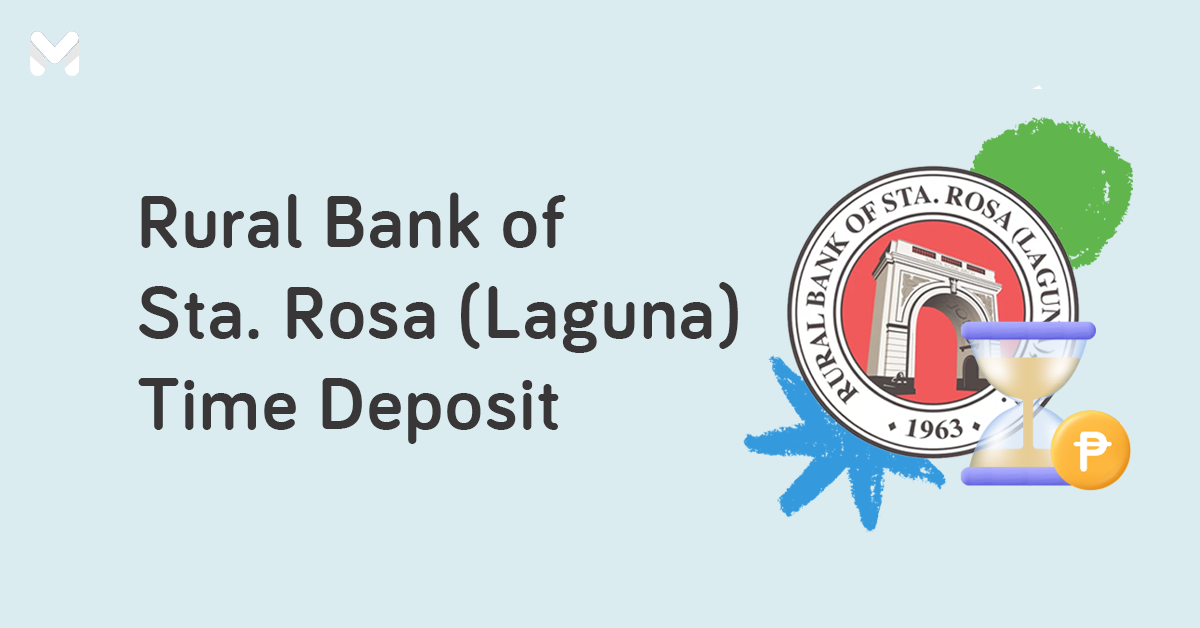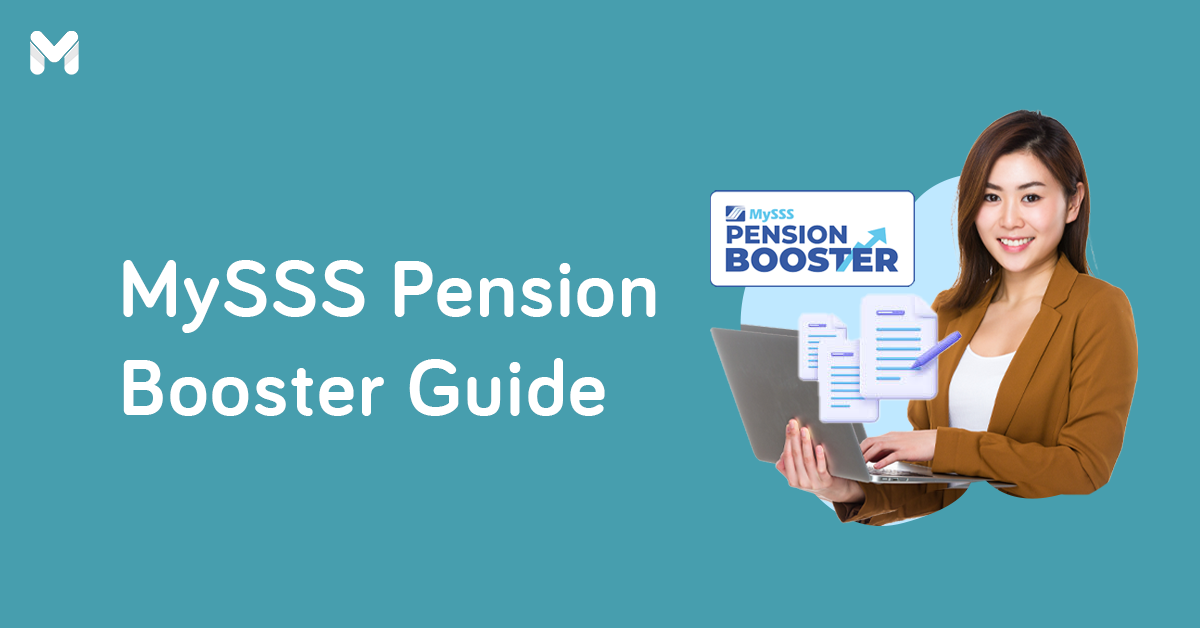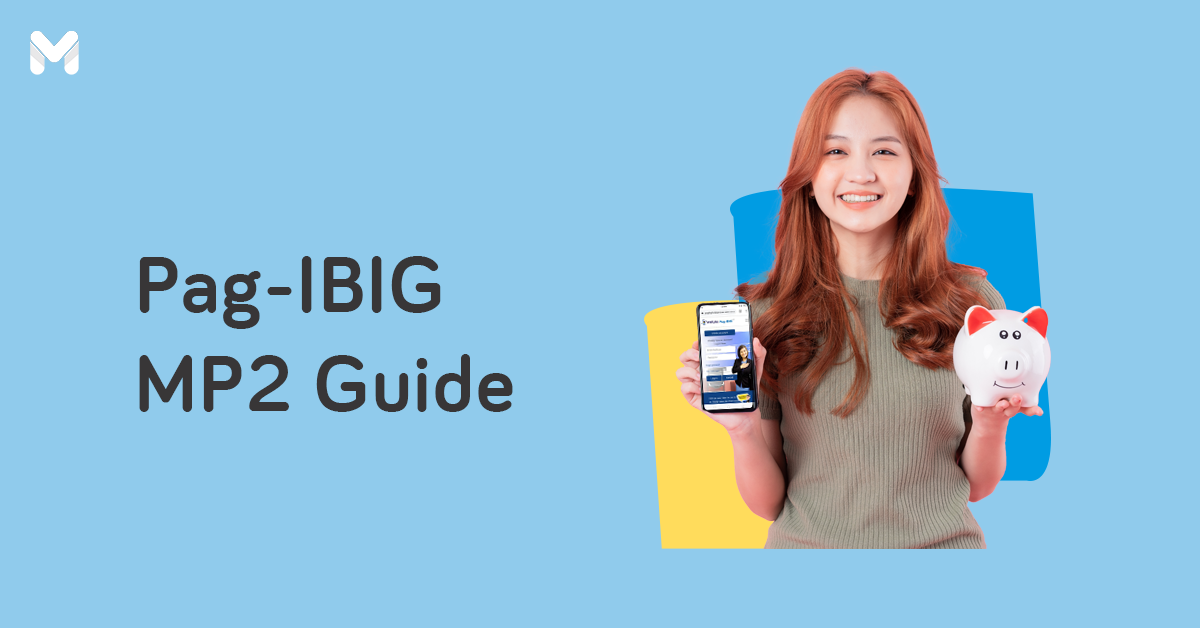Are you looking for a short-term investment with higher returns compared to a regular savings account? Money market funds is a good option. It’s perfect for investors who have low to moderate risk tolerance and prefer to keep the liquidity of their funds.
In this article, we will talk about what a money market fund is, how it works, and what its pros and cons are. We’ll also quickly run through a list of money market funds that you can check out so you can get investing soon!
What is a money market fund?
The money market is a segment of the financial market where high-liquidity financial instruments with short term (6-12 months) maturities are traded. A money market fund, on the other hand, is a type of mutual fund that invests in low-risk and short-term debt securities. For this type of fund, maturity is just 6 months to 1 year. It’s considered one of the safest and least risky investment options available because of its high liquidity.
What are some money market fund examples?
Investors usually use money market funds for low-risk holdings in a portfolio. Funds are invested in highly marketable and short-term debt instruments[1], like government and money market securities (treasury bills, treasury bonds, certificates of deposits, commercial paper, etc.).
Read more: Complete Guide to Investing in Mutual Funds in the Philippines
Is a money market fund the same as a money market account?

Sometimes called a money market deposit account, a money market account pays interest based on current money market interest rates. Money market funds, on the other hand, are mutual funds that invest shareholder’s funds in money market securities.
Are money market funds cash equivalents?
Or are money market funds considered cash? They are readily convertible to cash and not subject to material fluctuations in value. But to qualify as a cash equivalent, the maturity date should be three months or less. Like a three-month time deposit, money market instrument, or Treasury Bill.
Basic Features of Money Market Funds in the Philippines
- Initial capital, or the minimum investment to open a money market fund.
- Additional investment, or the amount you want to add to your investment that may range anywhere from PHP 25 PHP to at least PHP 100,000, depending on your fund.
- Sales load, which is charged to you whenever you make an additional investment.
- Trust fee, usually at .05% to 1% to cover operations, management or administrative expenses.
- Holding period, or the period of time you are supposed to keep your investment in your money market fund.
- Exit fee, which is computed when you redeem your investment before the end of your holdout period.
Who can invest in money market funds?

The ideal investors are those who have a moderate risk appetite and want low-risk and short-term investments.
If you’re looking for safe and highly liquid investments that offer relatively higher returns compared to savings accounts or time deposits, this will be a suitable investment.
How do you subscribe to a money market fund?
There are many banks, UITF, insurance, and mutual fund companies that will help you invest in money market funds. With this, a professional team of fund managers will take care of your investment, making well-timed decisions on your behalf to grow and diversify your investment portfolio.
You can write a check or make an online transfer to buy into money market funds. As a new investor, there are also forms that you will need to fill out, like the client suitability assessment form, risk disclosure statement, and UITF participating trust agreement, just to name a few.
Read more: Unit Investment Trust Fund: What Is UITF and How Do I Invest?
List of Money Market Funds in the Philippines
Here are some companies that offer money market funds which are right for any budget. These will give you an idea on minimum investments, holding periods, and fees.
Sun Life Prosperity Money Market Fund
- Minimum investment amount: PHP 100
- Minimum subsequent: PHP 100
- Minimum holding period: 7 days
- Fee: 0.15%
- Early redemption fee: 0.25%
- Launch date: July 1, 2004
(as of September 30, 2020)
Land Bank Money Market Fund
- Minimum investment amount: PHP 5,000
- Minimum subsequent: PHP 1,000
- Minimum holding period: 7 days
- Fee: 0.104% p.a.
- Early redemption fee: 25% but not less than PHP 500
- Launch date: March 27, 2012
China Bank Money Market Fund
- Minimum investment amount: PHP 5,000
- Minimum subsequent: PHP 1,000
- Minimum holding period: 3 days
- Fee: 0.25%
- Early redemption fee: 1%
- Launch date: February 20, 2009
(as of September 30, 2020)
Rizal Peso Money Market Fund
- Minimum investment amount: PHP 5,000
- Minimum subsequent: PHP 1,000
- Minimum holding period: None
- Fee: 0.25% p.a.
- Early redemption fee: 0.125%
- Launch date: March 28, 2005
BPI Invest Money Market Fund
- Minimum investment amount: PHP 10,000
- Minimum subsequent: PHP 1,000
- Minimum holding period: None
- Fee: 0.25% p.a.
- Early redemption fee: None
- Launch date: August 1, 2013
(as of September 30, 2020)
BDO Peso Money Market Fund
- Minimum investment amount: PHP 10,000
- Minimum subsequent: PHP 10,000
- Minimum holding period: None
- Fee: 0.50% p.a.
- Early redemption fee: None
- Launch date: April 1, 2005
(as of September 30, 2020)
Metro Money Market Fund
- Minimum investment amount: PHP 10,000
- Minimum subsequent: PHP 1,000
- Minimum holding period: 7 days
- Fee: 0.50% p.a.
- Early redemption fee: 50% of income on redeemed amount
- Launch date: April 4, 2005
(as of October 30, 2020)
PNB Prime Peso Money Market Fund
- Minimum investment amount: PHP 10,000
- Minimum subsequent: PHP 2,000
- Minimum holding period: 5 days
- Fee: 0.50% p.a.
- Early Redemption Fee: 50% of income earned
- Launch date: September 27, 2010
SB Money Market Fund
- Minimum investment amount: PHP 10,000
- Minimum subsequent: PHP 5,000
- Minimum holding period: None
- Fee: 0.35% p.a.
- Early Redemption Fee: None
- Launch date: October 9, 2006
(as of September 30, 2020)
CTBC Money Market Fund
- Minimum investment amount: PHP 10,000
- Minimum subsequent: PHP 10,000
- Minimum holding period: 30 days
- Fee: 0.25% p.a.
- Early redemption fee: ½ of 1% or redemption proceeds
- Launch date: October 30, 2013
(as of September 30, 2020)
What are the advantages of money market funds?
Money market funds are good alternatives to a bank savings account. They keep your money somewhere safe while earning passive income in a short period of time.
They are less risky for your short-term financial goals because they mature in just 6 to 12 months. And they are highly liquid, which means you can easily and quickly convert your investment to cash.
What are the disadvantages of money market funds?
Any investment still carries even a tiny amount of risk. Money market funds are not insured by the Philipppine Deposit Insurance Commission, unlike your savings account or time deposits.
They may also not pay more than savings accounts or time deposits, especially when you factor in all the fees and charges. Some banks or mutual fund companies have a high initial amount of investment, so this can be a problem for people who want to invest but don’t have the required amount.
Are money market funds safe in a recession?
Money market funds are safe and provide less risk, allowing you to invest during periods of high volatility or even a recession. They yield returns, offer flexibility, and serve as a downward buffer in volatile or unstable markets.
Read more related articles:
Final Thoughts
Just like with any investment, you must consider your current financial status and your financial goals before you get a money market fund. How much risk are you willing to take to grow your funds? If you want to know if this type of investment is right for you, ask yourself if this money that you don’t plan on using in the next 6 to 12 months.
Do your own research on the best money market fund in the Philippines and determine what is a suitable money market placement for you. Choose a company that has a proven track record when it comes to security and stability. It won’t hurt if they also provide top notch customer service to answer all your money market fund-related inquiries!
Source: [1] What Is Short-Term Debt? (Ganti, Investopedia, 2020)
DISCLAIMER: Information published on this blog or elsewhere on www.moneymax.ph should be used for general information purposes only and does not constitute investment advice, performance data or any solicitation or recommendation that any security, investment product, transaction or investment strategy is suitable for any specific person. This material does not take into account your financial situation, risk tolerance level, investment experience or objectives; all of which are unique to you. Before acting on information on this blog, we suggest consulting an independent professional to advise you on the risks of any decision and the extent of any exposure to loss.










